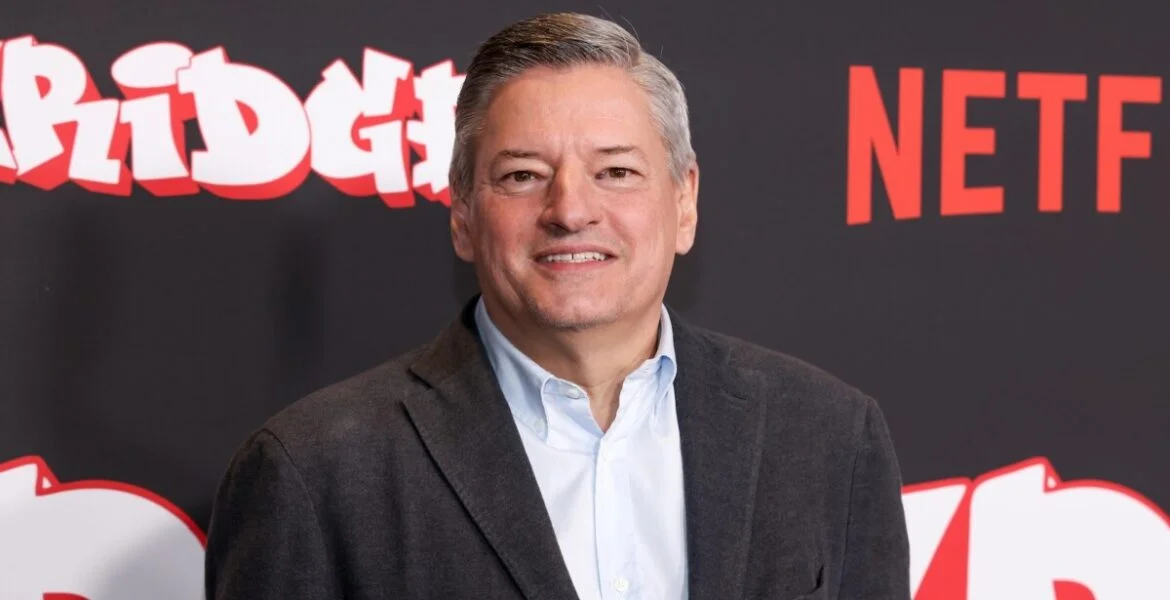Netflix co-CEO Ted Sarandos is reportedly concerned that if they give a fair deal to writers and actors in the U.S. that it will set a precedent for writers/actors in other territories to ask for fair deals.
According to reports, the immediate issue would be in the United Kingdom, where unions are already making noise about next year’s discussions. Similar future issues exist in South Korea, India, and other APAC regions.
As their local productions have developed in recent years, many British authors who are also WGA members have fallen into this group and are being encouraged to go a strike. “I’m pro-union and have no intention to work on a WGA project, but I would feel fucked off if I put my livelihood at risk for projects that aren’t going to feel the same benefit. It just doesn’t make sense,” one writer tells Variety.
The ongoing WGA/AMPTP negotiations have attracted unusually high public attention. The AMPTP proposal has raised concerns, notably because leaving the decision to hire two additional writers to the showrunners could result in studio pressure, impacting the writer selection. Another issue is the evolving definition of “showrunner.” Some streaming platforms designate non-writing roles for showrunners, leaving writers with less influence.
This move seems geared towards establishing a standard writing room size of a showrunner and two mid-level writers, aiming to address previous complaints about room size. Despite offering up to 20 weeks of work, this only applies during the writers’ room phase and doesn’t resolve the disconnect between room duration and actual show production.
Despite several months of negotiations, there remains a significant gap between the two sides. Additionally, the ongoing SAG-AFTRA/AMPTP negotiations have yet to be addressed.















